|
by Luv Mehta There's been a bit of a backlash against True Detective because of the recent lackluster second season (which itself deserves a whole other article), but as a result, people have started doubting whether the first season itself was worth it. Did Nic Pizzolato pull the wool over our eyes, with McConaughey's drawling, Cary Joji Fukunaga's expert direction and the tantalizing Twin Peaks-y promise of a lurking supernatural blinding us to bad dialogue and an absence of thematic focus? Hopefully, by the end of this article, I'll be able to put those fears to rest. Not only does True Detective Season 1 (hereafter referred to as True Detective, because it's the true True Detective) have a couple of proper themes encircling the plot and the characters, one in particular (and I'm not talking about the one dealing with the constant nature of plots either) grows organically from the characters and the plot. Full spoilers follow. Before all that, I'll have a bit of a contrarian assertion here - I think Hart is a more interesting character than Cohle. I'll explain why in a bit. There has been a trend, growing slowly but steadily, about showing the perils of over-masculine behaviour. You have Breaking Bad, where the protagonist digs himself a hole because he was too distracted by the high of power. You have No Country For Old Men, where all the traditional tropes associated with unlikely heroes have no effect when facing true evil. Hell, even Dexter attempted a stab at it once in a while, and those moments were easily the best of the series. There is a trope, the Male Gaze, that involves all kinds of works having a predominantly male focus through the camera. It's a very controversial trope, but one used in abundance. The camera focuses on attractive women (and their assets), flashy cars, and shiny guns. The opening credits of True Detective certainly do build up a male gaze, and the first few episodes establish it. The men are built up to be the heroes, the useful ones, the brave and courageous ones, and the violence is only against women and children. And then it sets it all crashing down. Our two protagonists, Hart and Cohle, are set up as two very dichotomous individuals. Cohle finds it hard to socialize, is dismissive of humanity, and says he'd prefer if everything went into chaos and tore itself apart. Hart, on the other hand, has a family he'd very much like to keep, gets along with his boss and his coworkers, and generally identifies as a good and sane cop, concerned for the well-being of others. And little by little, we see how one is revealed to have qualities of the other. Cohle is shown to care more about the victims of his case, working against orders to keep the case going after it's seemingly over, content to have a bum's life and keep investigating long after, with nothing to gain or lose himself. Hart, on the other hand, cheats on his wife, easily keeps secrets, and ultimately throws everything away because of his stubbornness. And there comes the important part. Martin Hart is the quintessential American masculine hero. He's tough and dependable. He'll hurt you if you mess with his family. He's the person who knows best about how to keep his family balanced and healthy and happy, because he's the man. When he needs his release, he'll sleep with other women, because, in his own words, "don't blow up where it finds you. It's for the good of the family." He knows what to do. He's the man. And there lies the problem. He keeps too many secrets and acts too self righteous, and almost loses his family because of it, but the final impetus comes when he can't take his wife doing the same, which betrays his own blatant sexism. He also suffers from a Madonna-Whore complex, clearly being disturbed when his daughter betrays an inkling of knowledge about sex, and beating up the boys his grown daughter sleeps with (to be fair though, they were too old). His impulsiveness all comes to a head, though, when he gets horrified by the child victims in the barn and shoots Reggie Ladoux at his own discretion, delaying the whole investigation by a decade and letting the real masterminds off the hook. On top of that, Cohle's own decision to keep his short undercover tryst in this investigation secret messes everything up, with the questions at his story making sure no one will believe him when he tells them about The Yellow King and the conspiracy (as will Hart). So, how do they win? How do they make sure the case is solved, the victims are brought to justice, and they themselves reach closure? Well, they simply renounce all the toxic problems they had. They see the investigation through, without impulsiveness guiding the way. They let go of fear and pride, and accept that the case is bigger than both of their egos, and in the process, renounce their egos as well. And when all is said and done and Hart meets his family at last in the hospital, he breaks down, and openly lets his emotions show. The ending has been noted for being quite homoerotic in its overtones, with Cohle and Hart finally behaving like close friends, Martin visiting Cohle to keep him company and taking him outside on the wheelchair, and the two talk about philosophy and leave the hospital together, out to who knows where. With this theme in mind, we can see it in a whole new light. Leaving behind their anger, their fears, their hypocrisy and their reservations, they embrace themselves. Maybe it means they're going off to become a couple, if you're into fanfiction. Or maybe, it means they're finally comfortable with expressing themselves, their thoughts and emotions, without traditional expectations of appearing tough and aloof holding them down, which gives their own existence meaning. And in the end, that's what brings True Detective's arc to a perfect thematic close. Cheers.
Follow us on Facebook and Instagram to be notified whenever we release new articles.
Do you use an RSS reader? Even better!
1 Comment
Rajarshi Acharyya
18/10/2015 12:36:17
Amazing, truly :')
Reply
Leave a Reply. |
Categories
All
Archives
December 2022
|
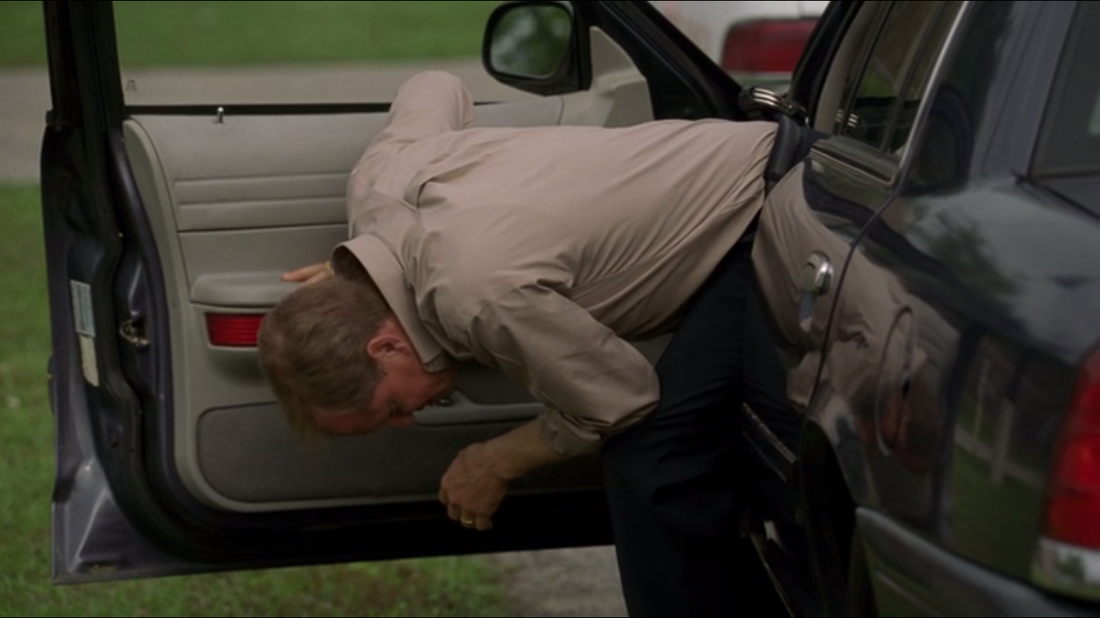
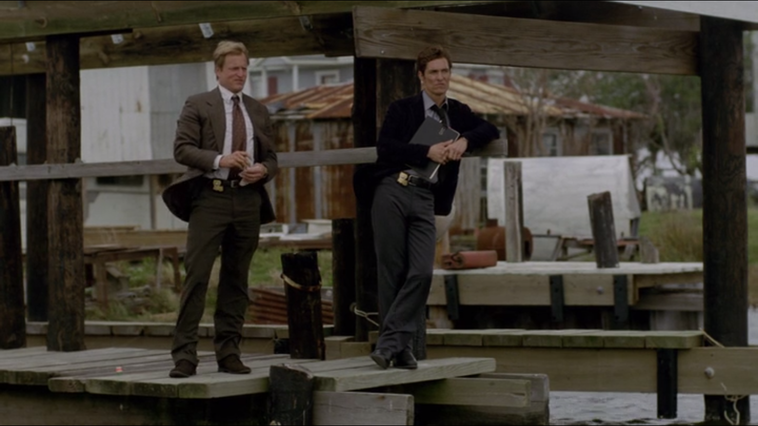
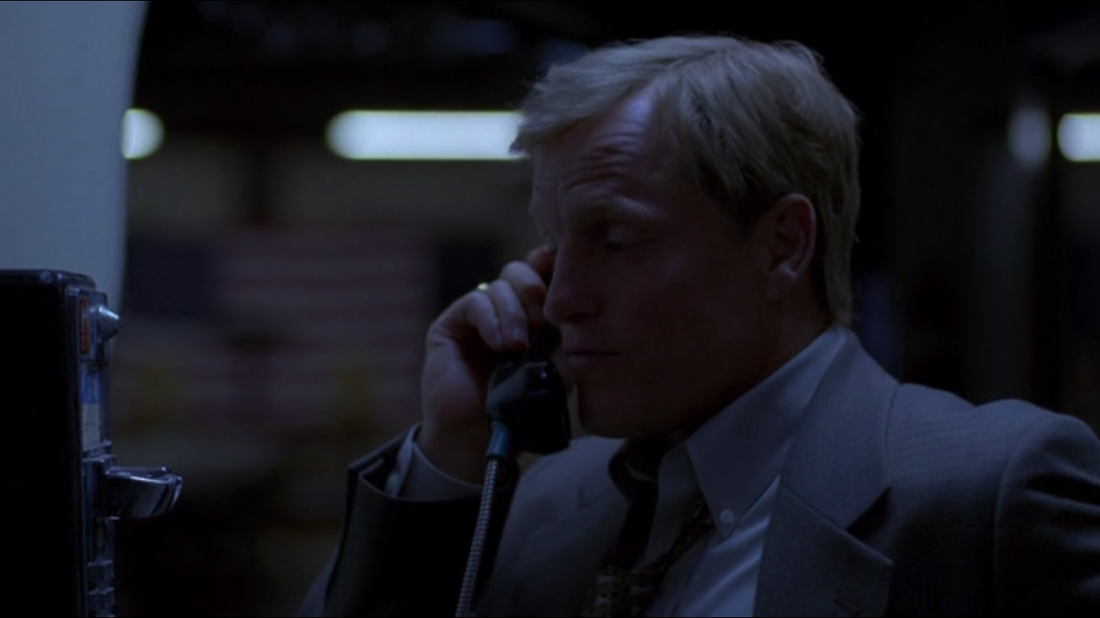
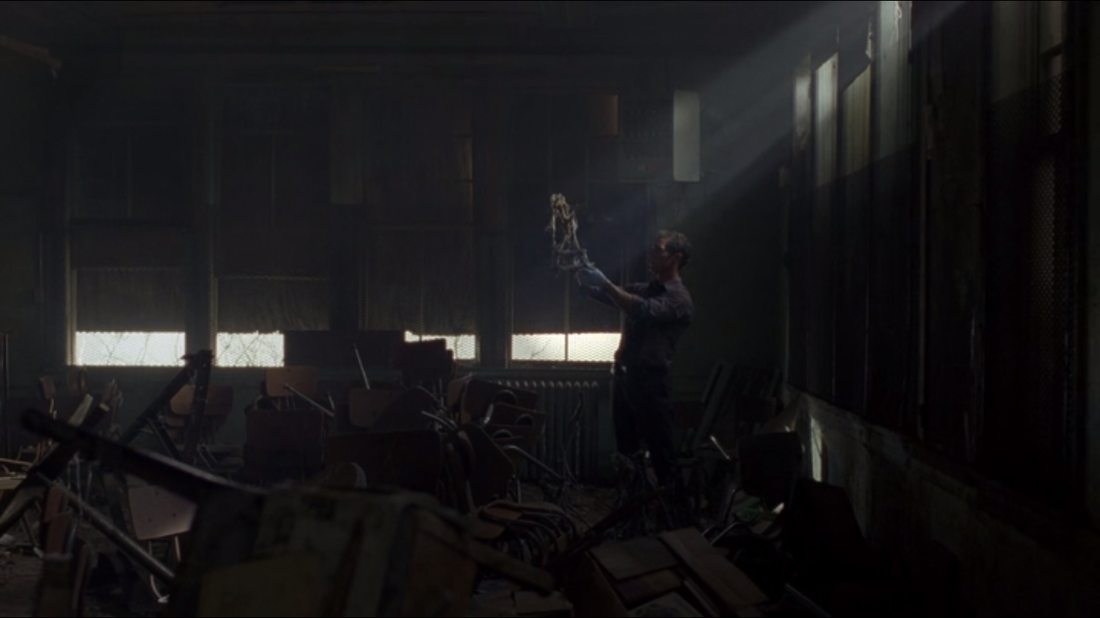
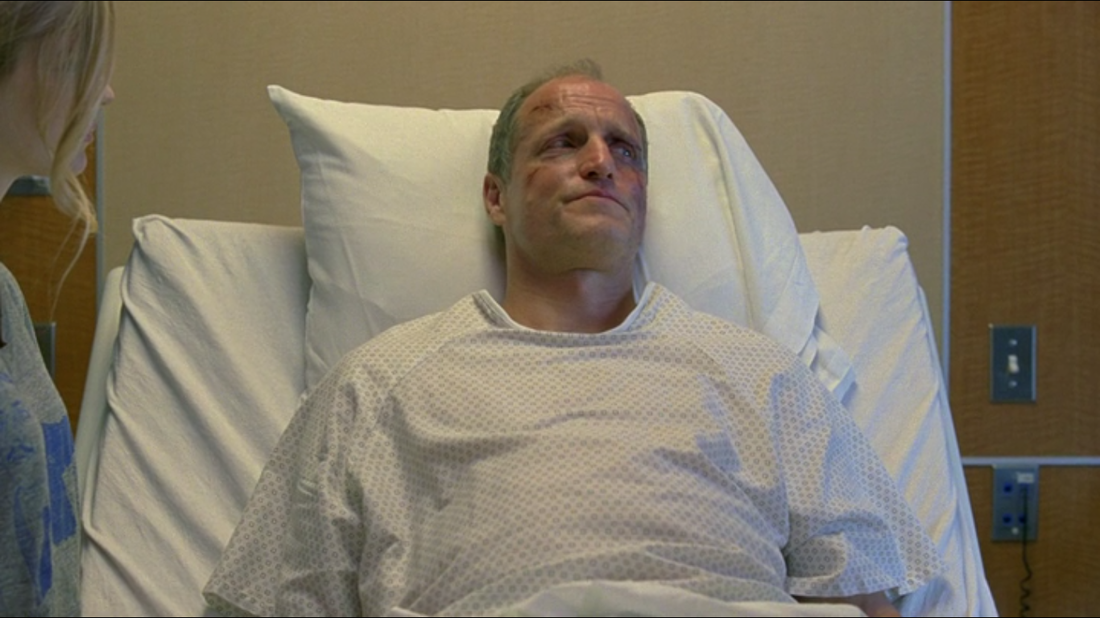
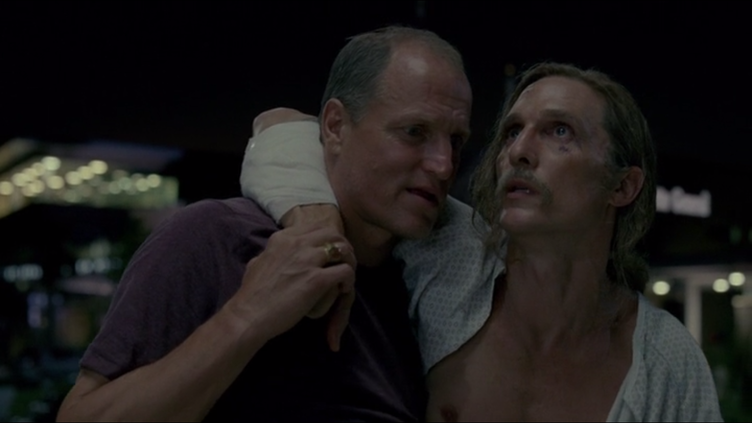
 RSS Feed
RSS Feed
